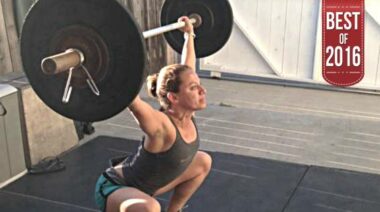Screening for sudden death in athletes has been a topic of controversy, due to its expensive costs and time involved in conducting the exams. But the unfortunate fact is sudden deaths do occur in sports. A new study suggests that echocardiography be included as part of the screening to help identify student athletes with heart problems that could result in sudden death.1
The study was performed at the Cincinnati Children’s Hospital Medical Center and was presented at the recent annual meeting of the American Society of Echocardiography. There were eighty-five, teen athletes involved in the research screening. The screening included a health questionnaire, physical exam, echocardiogram (EKG), and a fifteen image, modified echo, which took an average of nine minutes to obtain. The echoes that were deemed abnormal were referred for a complete echo, where a cardiologist would read the results. Ten of the participants (12%) had abnormal echoes and were referred for further evaluation. These ten participants were found to be otherwise normal, but the echoes were confirmed as abnormal.2
This study suggests screenings should add a modified echo to the current panel of taking an EKG, getting a family history, and administering a physical exam. The findings of the study indicate that a shortened echo may increase the sensitivity of finding heart defects in competitive athletes.3
“EKG is a good tool, but may not be sensitive enough to catch problems that could lead to sudden death,” says Michelle Grenier, MD, a physician at the Cincinnati Children’s Heart Institute and one of the investigators on the study. “We found that an abbreviated echo is a fiscally responsible addition that will yield useful information when screening student athletes for structural heart disease and cardiomyopathies – heart muscle diseases that are the major cause of sudden death in athletes.”4
“The number of patients with asymptomatic, congenital heart disease was higher than expected, but the rate of cardiomyopathy – the main cause of sudden death in athletes – is probably closer to the published rate,” says Dr. Grenier. “Our goal is to provide useful information to care providers, who may then better counsel athletes and their families on full participation in sports.5
“The cost-effectiveness and impact on reducing the rate of sudden cardiac death aren’t yet known, but the impact on quality of life in reassurance of cardiac health during exercise is priceless,” she says.6
Photo courtesy of Shutterstock.






